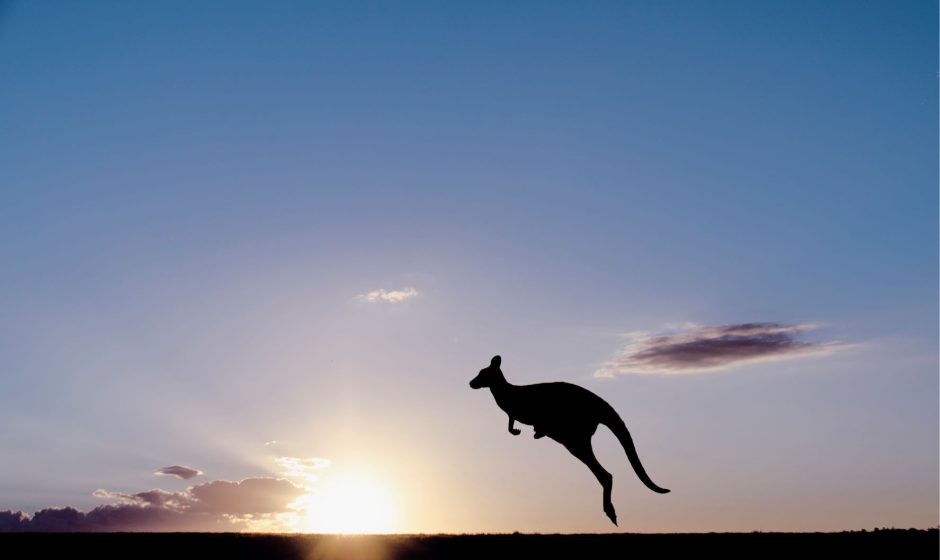Baby kangaroo feces might help provide an unlikely solution to the environmental problem of cow-produced methane. A microbial culture developed from the kangaroo feces inhibited methane production in a cow stomach simulator in a Washington State University study.
After researchers added the baby kangaroo culture and a known methane inhibitor to the simulated stomach, it produced acetic acid instead of methane. Unlike methane, which cattle discard as flatulence, acetic acid has benefits for cows as it aids muscle growth. The researchers published their work in the journal Biocatalysis and…



